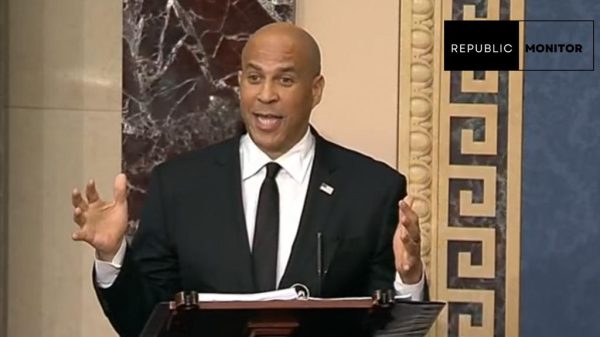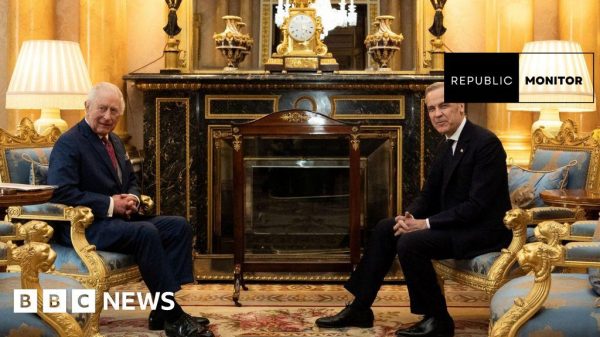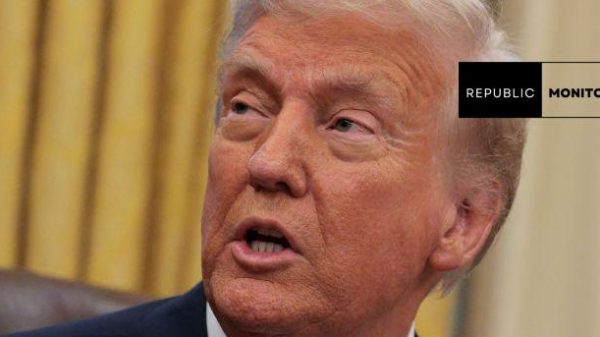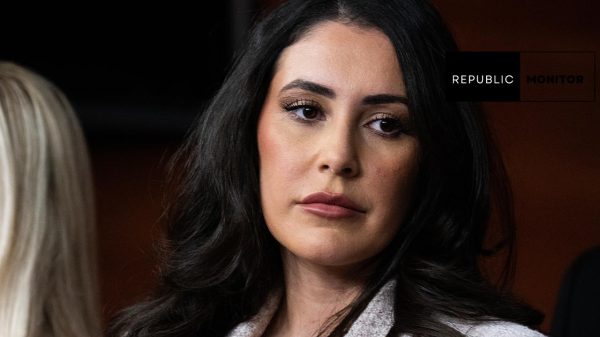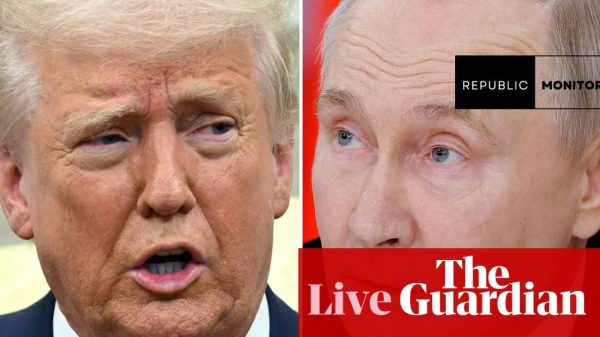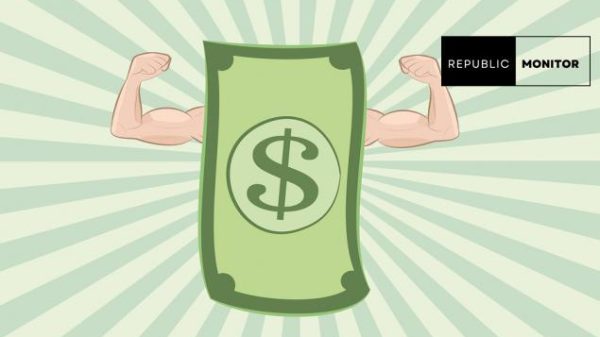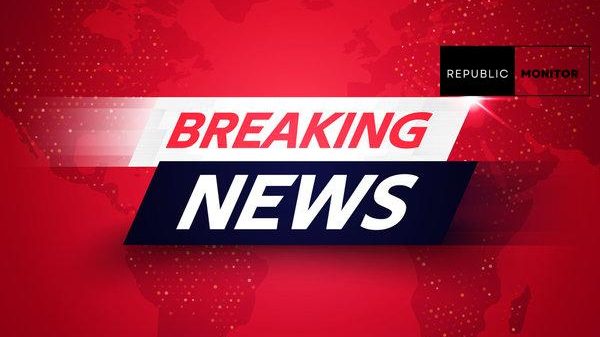The high-stakes civil fraud trial involving former President Donald Trump has concluded its evidentiary phase, with both sides resting their cases after 44 days of intense proceedings. As the trial heads into its next phase, anticipation builds for the closing arguments set to take place in January. Here’s a comprehensive overview of the trial’s developments, arguments presented, and the path forward.

Trump’s Civil Fraud Trial Nears Conclusion: A Deep Dive into the Proceedings
Deliberate Delays and Protracted Proceedings: The trial’s extended timeline, scheduled to resume in January for closing arguments, stems from Trump’s legal team’s request for a more comprehensive review of the voluminous evidence. Judge Arthur Engoron, presiding over the case, opted for a bench trial, allowing for a more flexible schedule and an in-depth examination of arguments. The use of written briefs further strengthens the legal record, potentially aiding in any subsequent appeals. Trump’s legal spokesperson expressed dissatisfaction with the trial, asserting it as a waste of time, while the New York Attorney General, Letitia James, remained steadfast in affirming the trial’s revelations of financial fraud.
New York AG’s Perspective and Potential Penalties: The prosecution, led by the New York Attorney General, contends that Trump committed years of financial fraud, unjustly enriching himself and his family. Expert witnesses presented evidence suggesting potential losses of $168 million in interest for Trump’s lenders due to misrepresented financial conditions. Originally estimating a fine of $250 million, James is now considering requesting a substantial penalty of nearly $400 million. The state may also seek disgorgement of profits from Trump’s property sales.
Defense Strategy and Counterarguments: Throughout the four-week defense phase, Trump’s legal team sought to portray misstatements as unintentional and immaterial to lenders. Expert witnesses argued that Trump warned about potential unreliability in his statements and fully disclosed deviations from accounting standards. Trump’s lawyers emphasized the absence of victims and called on Deutsche Bank employees to testify that the bank eagerly pursued Trump’s business, knowing potential overstatements of his net worth. Trump himself asserted innocence, stating, “We did nothing wrong. There were no victims. The bank loves us.”
Looking Ahead: With the evidentiary phase complete, the trial is poised for closing arguments in January, followed by Judge Engoron’s written opinion, expected in late January or early February. Regardless of the trial court’s decision, both sides are prepared for potential appeals, with Trump’s legal team expressing confidence in the Appellate Division to rectify perceived errors.
As the legal drama unfolds, the public remains riveted, eager to see the culmination of this lengthy and contentious civil fraud trial.

